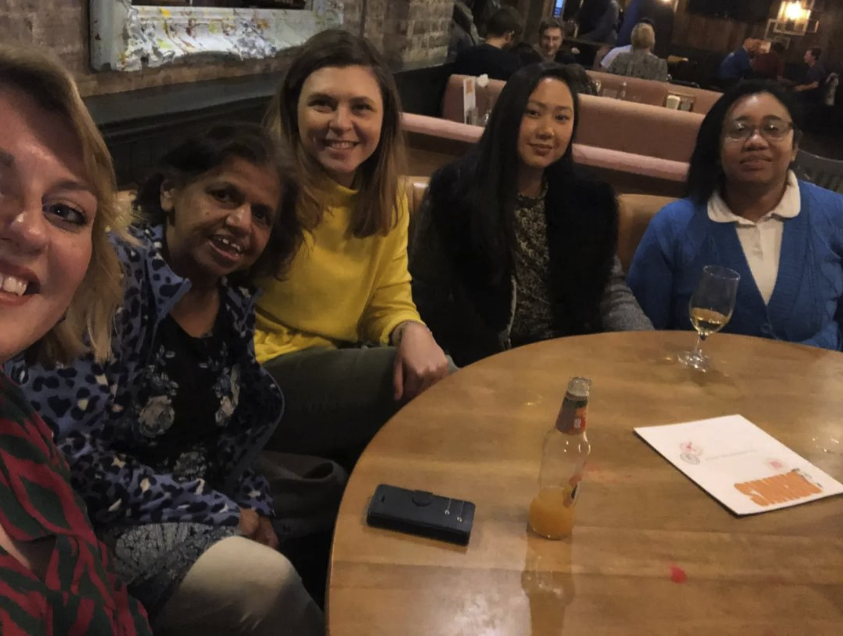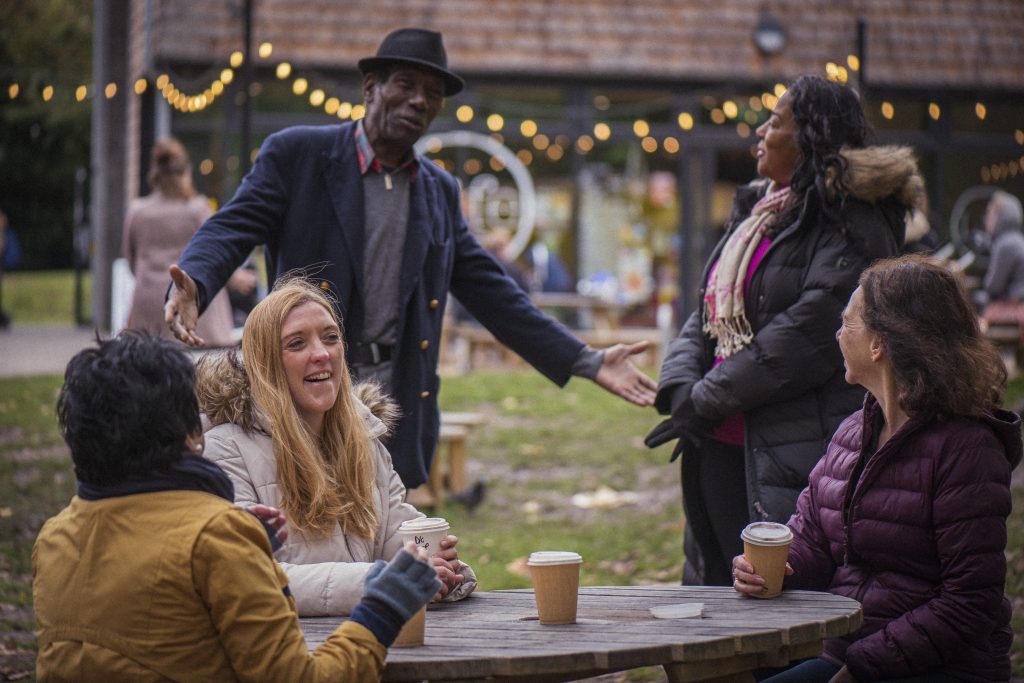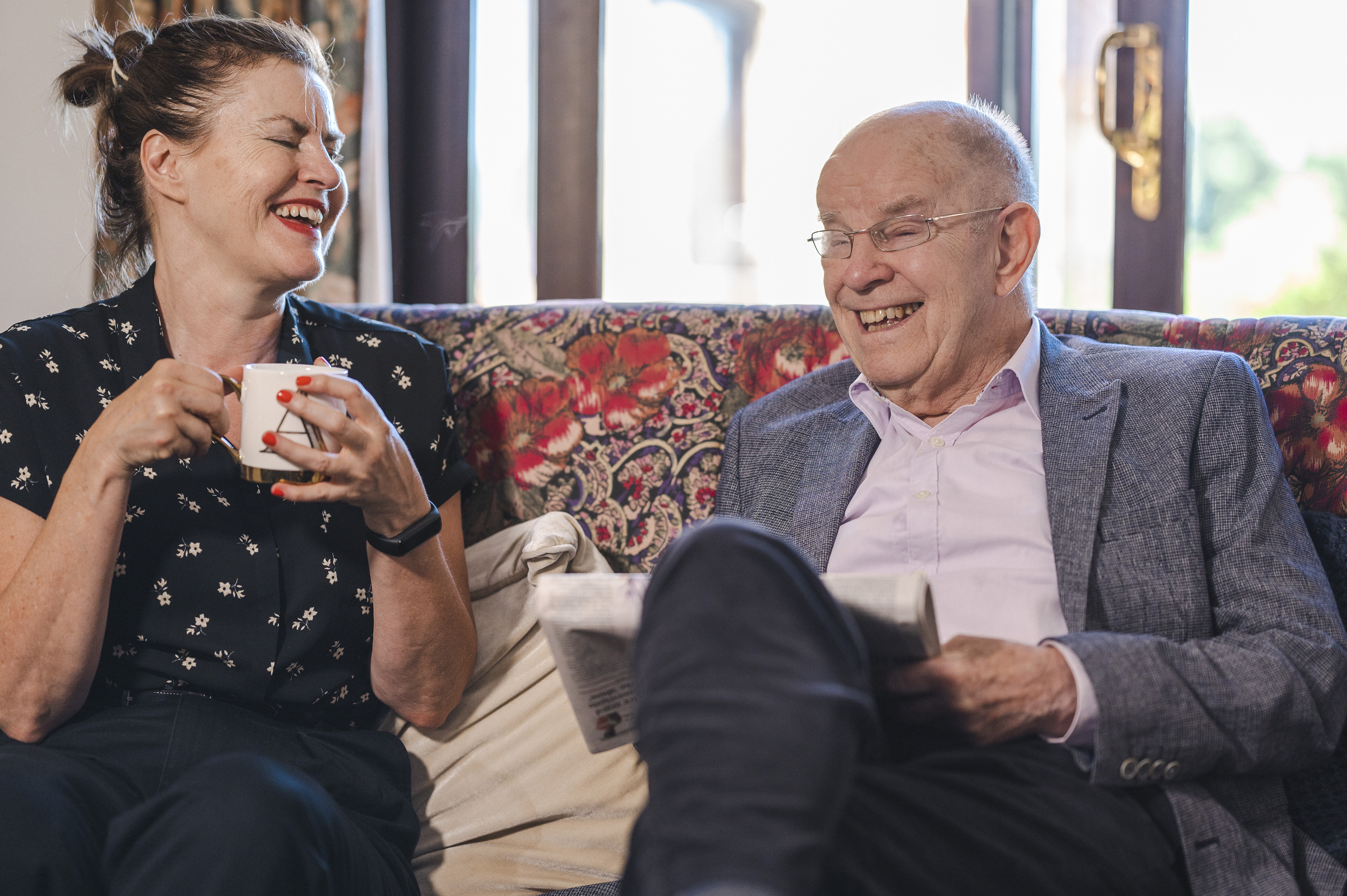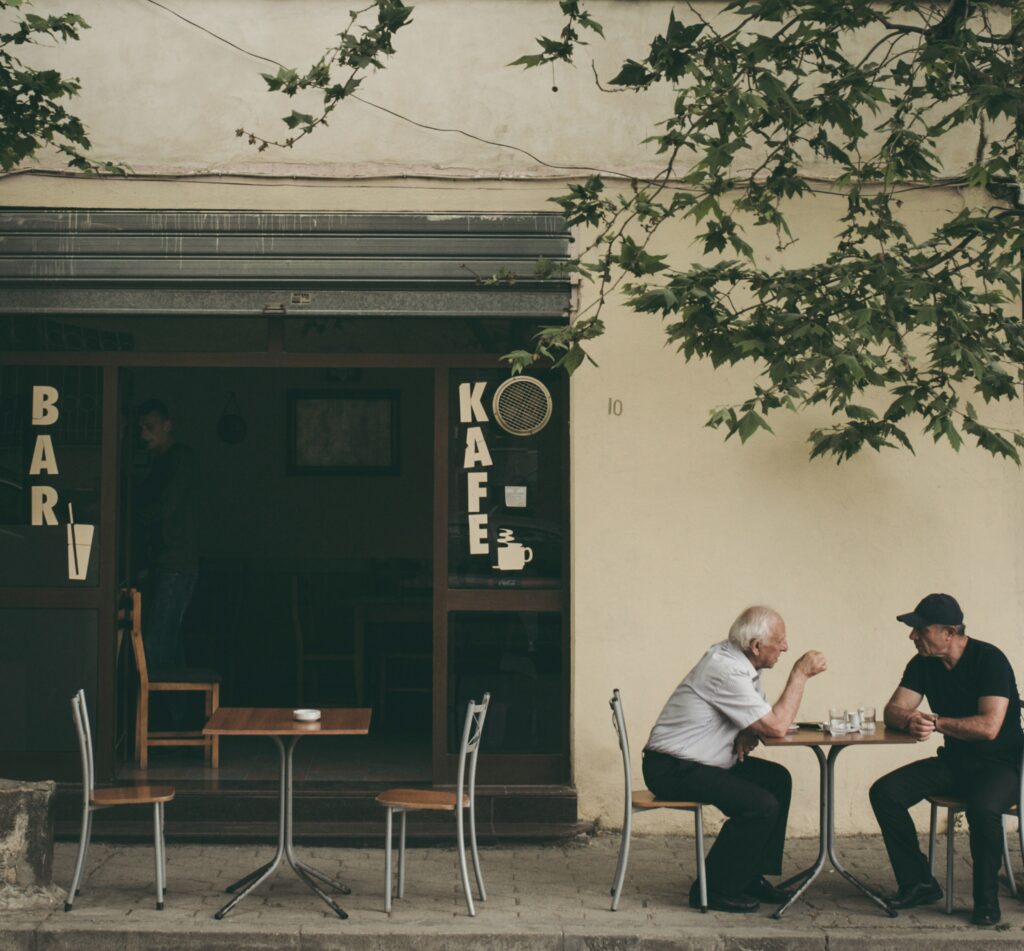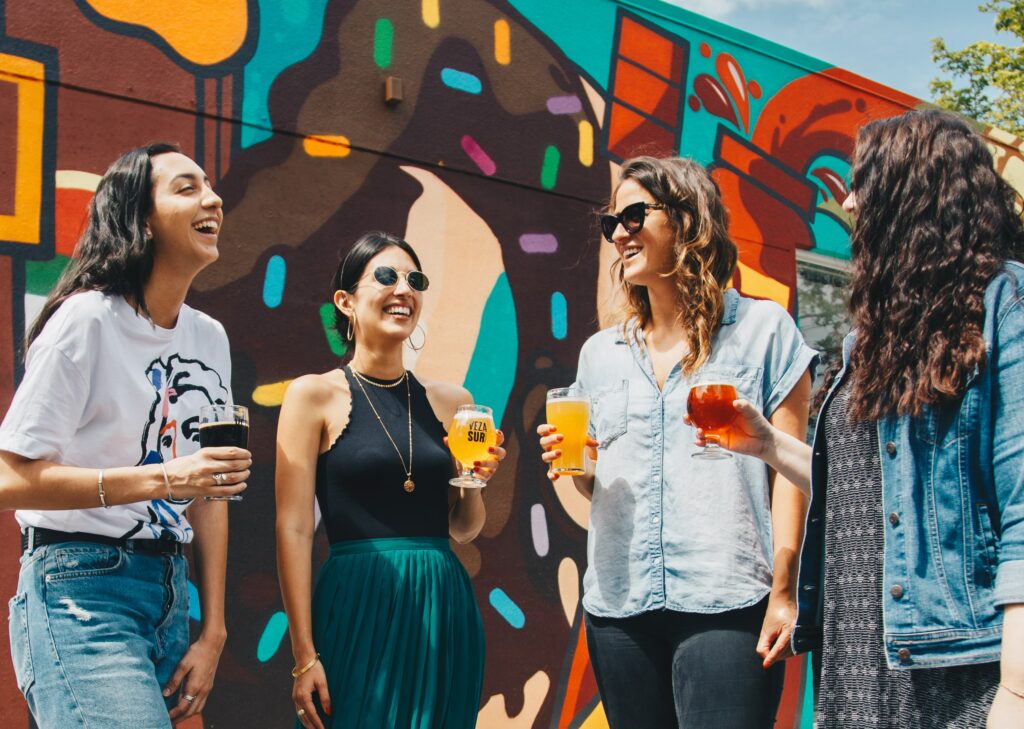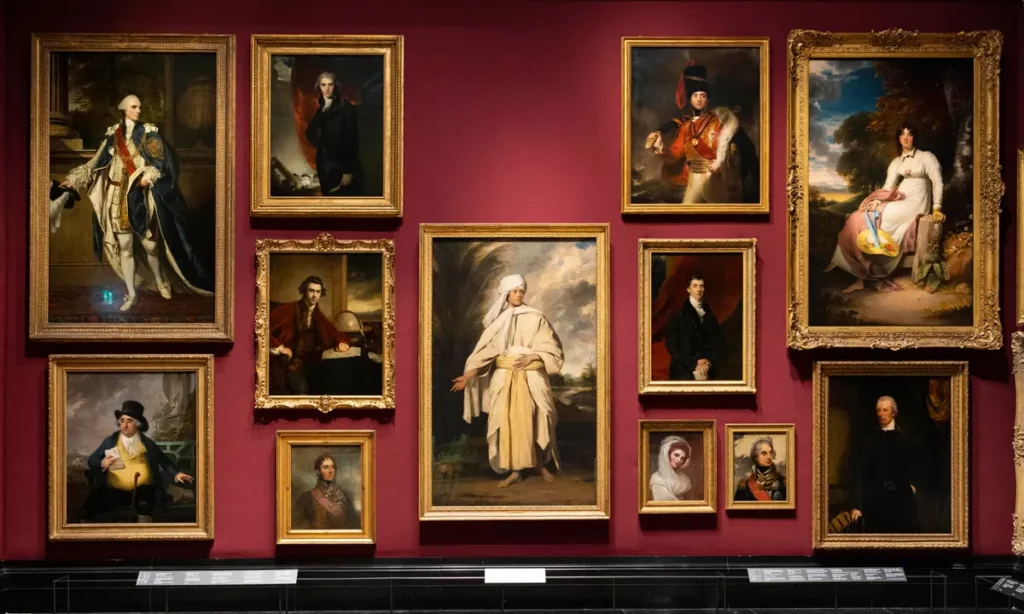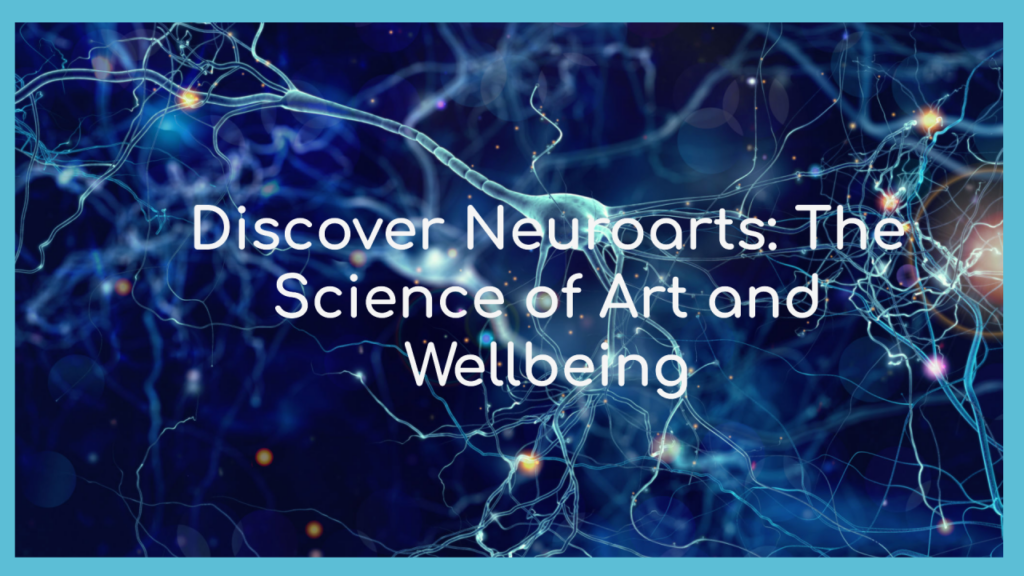
Discover Neuroarts: The Science of Art and Wellbeing
3 min read
Recently, I came across an article* discussing the impact of art on our brains and the emerging field of neuroaesthetics, also known as “neuroarts.” Using advances in technology, neuroarts explores how artistic experiences affect our mind, body, and behaviour, aiming to harness these effects to improve wellbeing.
Studies have shown that just 45 minutes of engaging in an art project can reduce stress by lowering cortisol levels. Even more impressively, participating in just one art experience a month can extend your life by 10 years. That sounds very doable!
The science behind neuroarts is complex, but the gist is this: exposure to enriched environments like art can lead to brain rewiring and growth. It can activate reward systems and enhance daydreaming and mind wandering, ultimately boosting our sense of self. In short, engaging in the arts can have a profound positive impact on our wellbeing.
Neuroarts scientists aim to gather evidence on how art and culture can improve wellbeing hoping this will lead to programmes to enhance and maintain youth mental health in particular.
We’ve been incorporating art into our connection events for a little while now, inspired by the art therapy background of our former Community Manager, Maisie Barlow. For instance, instead of verbally answering questions like “What does happiness mean to you?” participants draw their responses, leading to engaging discussions.
I’ve observed how relaxing and fulfilling drawing can be, with participants expressing a longing for creative expression that may have been neglected. Engaging in art can be particularly soothing for those whose work is predominantly left-brained.
We’ll continue to incorporate art into our events, fostering connections through shared artistic experiences and discussions prompted by individual artworks. And the great thing is you don’t need any artistic skill to take part.
Excited to dive into the world of art with us? Join our upcoming events for a chance to unleash your creativity and connect with like-minded individuals. Reserve your spot here.
Catherine McClen, BuddyHub Founder.
#Neuroart #ArtandScience #Wellbeing #MentalHealth #Neuroaesthetics #Creativity #Mindfulness #ArtisticExpression #BrainHealth #Friendship #Connection
*This blog draws from an article by Susan Magsamen, Founder and Executive Director of the International Arts + Mind Lab at John Hopkins University School of Medicine in the RSA Journal Issue 4 2023.



